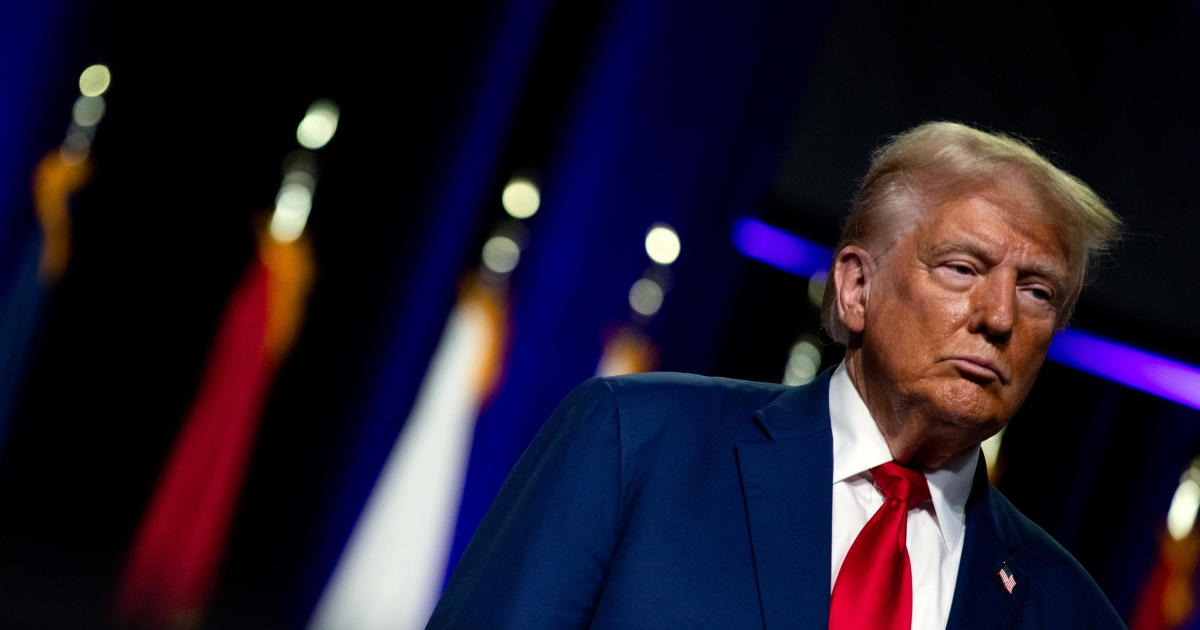Special counsel Jack Smith filed a superseding indictment against former President Donald Trump on Tuesday, accusing him once again of resisting the peaceful transfer of power after the 2020 presidential election. This move came following a landmark Supreme Court ruling earlier this year that narrowed the allegations against Trump, citing presidential immunity for certain conduct.
The new charging document, based on a refined set of allegedly criminal acts, maintained the four counts against Trump, including conspiracy to defraud the United States. However, the evidence included in the indictment was limited, and one unnamed individual was removed from the list of unindicted co-conspirators. This individual was previously described as a Justice Department official who worked on civil matters and allegedly conspired with Trump to influence state legislatures with false claims of election fraud. It was believed to be Jeffrey Clark, who held positions within the Justice Department.
Smith and his team stated that a federal grand jury in Washington returned the superseding indictment, and prosecutors did not oppose waiving Trump’s appearance at an arraignment on the new charging document. The indictment detailed alleged acts such as organizing fake slates of presidential electors and working with private attorneys to subvert the transfer of power. Smith accused Trump of using his role as a candidate for office, rather than as president, to overturn the election results.
The new superseding indictment was a response to a Supreme Court ruling that granted immunity to presidents and former presidents for official acts they take during their presidency. The court divided presidential conduct into three categories, with varying levels of immunity. The charges against Trump could not be tied to conduct related to his official responsibilities as president, as ruled by the Supreme Court. Conduct related to campaigning was deemed fair game for prosecution.
Justice Amy Coney Barrett, in a concurring opinion, stated that Trump’s alleged attempt to organize false slates of electors was private and not entitled to protection. The judge overseeing the case, U.S. District Court Judge Tanya Chutkan, was tasked with determining which alleged acts were official and unofficial. Trump’s lawyers acknowledged during arguments before the Supreme Court that some acts in the indictment involved private conduct and could not be shielded from criminal charges.
Chutkan asked prosecutors to outline their arguments for a path forward in the case by August 30, following the Supreme Court’s decision. A hearing in the case was scheduled for September 5. By filing the superseding indictment, the special counsel avoided an evidentiary hearing that would have required prosecutors to reveal evidence against Trump before trial.
Trump was originally charged over a year ago with four counts related to his conduct after the 2020 election. He pleaded not guilty to those charges and denied any wrongdoing. The new charging document retained much of the conduct alleged in the original indictment, with exceptions for actions involving Justice Department officials, which were deemed immune from prosecution by the Supreme Court.
Prosecutors accused Trump of pressuring state officials to overturn election results and assembling alternate electors ahead of the election certification in Washington, D.C. The new indictment also repeated allegations of Trump trying to involve Vice President Mike Pence in his scheme, clarifying that Pence was viewed as Trump’s running mate in a political race, not as vice president.
The filing of the superseding indictment marked a significant development in the case against former President Trump, as it addressed the limitations imposed by the Supreme Court ruling on presidential immunity. The legal battle between prosecutors and Trump’s defense team continued to unfold, with the judge tasked with determining the fate of the remaining charges based on the court’s guidelines. As the case progressed, the public awaited the outcome of the upcoming hearing and any further developments in the ongoing investigation.









